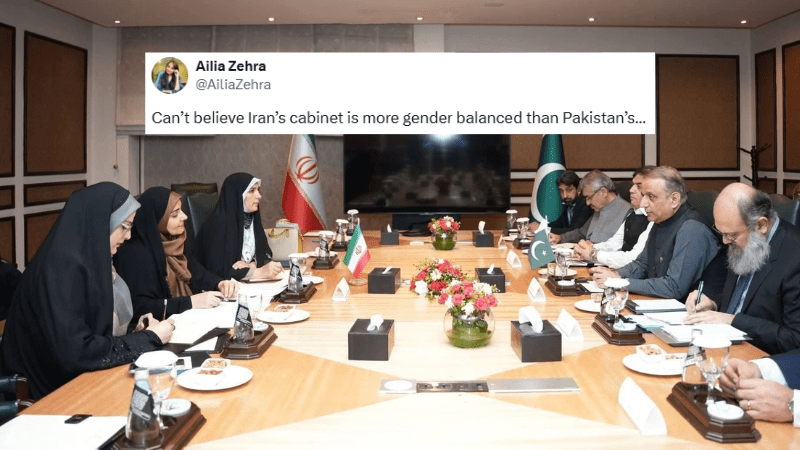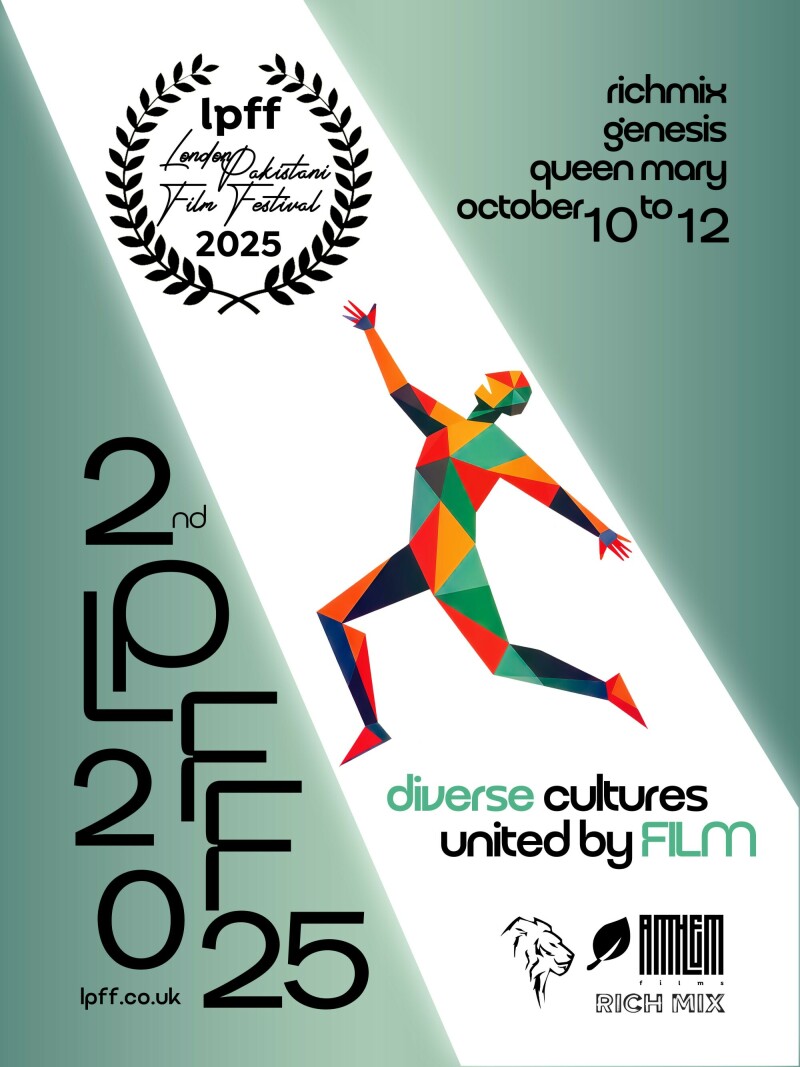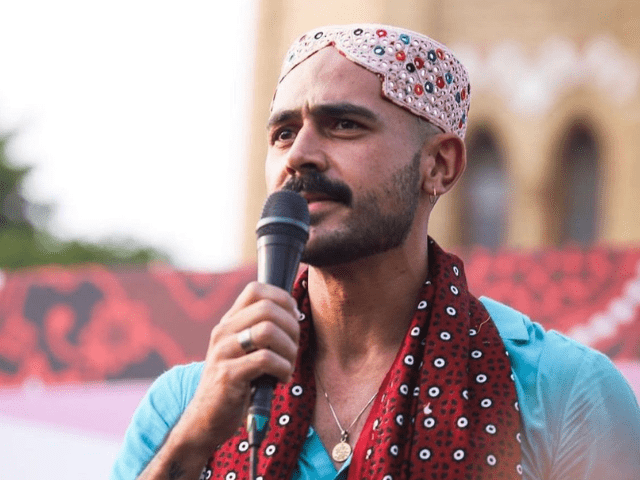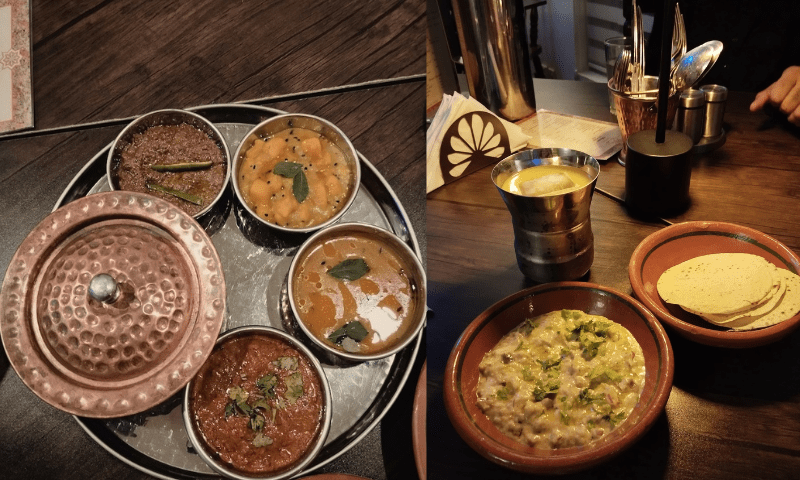Why Women's Day means more than the token holiday it's become
On some level, the significance of International Women’s Day, which was once known as International Working Women’s Day (an important distinction and subsequent dismissal), has gone the way of all other token days of the year devoted to causes and cosmetics alike.
The customary recognition of one half of the world relegated to the same perfunctory box as World Radio Day (February 13), World Tuna Day (May 2) and English Language Day (April 23) has its problems.
It ensures that most of our conversation involves updating our social media feeds with inspirational quotes, appreciating Google doodles and citing poetry and manifestos for ‘change’ – a pattern that I now customarily extend to both celebration and mourning.
Why Women's Day matters
The Internet has fundamentally altered global conversation so it is hardly surprising that this fact has also played into gender.
While unavoidable, the problem with this approach is that it often implies that our engagement on one day on one particular issue allows us to sit back on our laurels for the remainder of the year. This is one of the reasons why social media activism is often simultaneously powerful and problematic. It is vital for its immediacy, its variety and its immensity but it also absolves many of us from doing the legwork that needs to accompany our rhetoric. Yet there is still a need for it.
Social media activism is often simultaneously powerful and problematic. It is vital for its immediacy and variety but it also absolves many of us from doing the legwork that needs to accompany our rhetoric.
Acknowledging the limitations with setting one day aside to appreciate and honour the contributions of women to the world doesn’t cancel out that ‘something is still better than nothing’.
Which is to say that even though we all do need to improve on our efforts for gender equality, even one day of targeted, collective conversation on the subject is a start.
What stops us from having meaningful conversations on Women's Day

The tyranny of low expectations and my own work on gender activism and engaging with students on the subject has taught me two things: the first is that apparently everyone I meet wants ‘equality’ for both genders but everyone also wants to qualify what equality means.
The second is that the struggle for gender equality is generally viewed exclusively in quantitative terms – where awarding someone rights implies taking them away from someone else. Neither of these concerns is completely without foundation and yet both are often presented in very absurd terms where ‘privilege’ has come to be viewed as a right for those that have it.
The fact remains that the very term ‘gender equality’ requires a very basic tolerance that most of us, at least in Pakistan, have trouble extending to our fellow citizens. It warrants that foundational tenant of ‘wanting for your neighbour what you want for yourselves’ and let’s be clear and honest about this…most of us don’t. There is always a limit to how far we extend our personal sphere of charity towards another individual. We all judge - some of us judge on parameters of religion, class, gender and sexual orientation, others judge on appearance, choices, tastes and ideological positions.
A social environment where female success is generally posited on competition with other women often, though not exclusively, for male approval, makes it so much harder to foster any sense of sisterhood.
Examining our activism initially involves examining our own biases that often emerge out of an exclusivity of class, status and privilege which nearly all of us would lose if marginalised groups were to get their due in society - this applies for the poor, for religious minorities, for women and members of the third gender. So while it sounds simple to ask on this Women’s Day that we try to be ‘less judgemental’ of our fellow human beings, it is anything but easy.
It goes without saying that women judge as much as men and this is perhaps what makes it harder for many of us to collect around causes and unconditionally support each other. A social environment where female success is generally posited on competition with other women often, though not exclusively, for male approval, makes it so much harder to foster any sense of sisterhood.
For the same reason, speaking about women’s issues or concerns in Pakistan always seems fraught with conflict. The conversation itself is often posited as an elite concern for a minority group.
One of the reasons for this is because the global feminist struggle has always manifested differently around the world but been labelled collectively. So while a Pakistani feminist may be working on entirely different issues from one in Sweden, by virtue of both being feminist, we have to constantly both borrow and respond to each other’s rhetoric.
Another reason is that campaigning for women’s rights often means convincing both men and women of the need for them. Double the workload, for nearly none of the pay-off in a society that perpetually rigs the system against one gender and where men get to decide what a woman ‘ought to be’ but never the other way around.
Why we need both conversation and confrontation to achieve gender equality
Another struggle involves reconciling feminist confrontation with feminist conversation. Both have a place in the struggle for gender equality and one of the reasons why so many feminists are often extremely passionate about their views is because gender is an extremely personal identity. An identity each of us is assigned before we are born and one that defines every single aspect of our lives down to how we are buried when we die.
And yet, this is precisely the reason why the confrontation needs to be accompanied by conversation because ‘everyone’ has gender, spectrum or no. This means what we can all talk about it and must, often and openly, if we are ever to understand -at a fundamental level- what daily struggles individuals face in our society.
Speaking with, and not to, people about gender is the most basic and perhaps the most fundamental social contract for feminists today.
So on this International Women’s Day, one would hope we had more conversations – with women, with men, with transgender people, with children, with vendors, with labourers and everyone in between.
Speaking with, and not to, people about gender is the most basic and perhaps the most fundamental social contract for feminists today. It is the only way to demonstrate that being a feminist does not mean (insert cliché of choice) without apologising for oneself or offering explanations to those who oppose us.
The domain for feminist scholarship is important but the practical engagement with women, men and children on a daily basis about the struggles they face because of their gender is essential. Empathy is not a finite resource and neither is kindness. We can extend it to everyone we meet everyday and we won’t run out. This continues to be the fundamental stumbling block behind the notion that opening doors for marginalised groups somehow means closing them for others – it is a ludicrous and lazy plug to uphold a status quo and it needs to stop.
Perhaps the most important point to recognise on International Women’s Day involves ‘work’ itself. Since the day itself has now been diluted to tone down its socialist origins, it is important to unpack what ‘working’ women imply for a society and what work counts.
Perhaps the most important point to recognise on International Women’s Day involves ‘work’ itself. Since the day itself has now been diluted to tone down its socialist origins, it is important to unpack what ‘working’ women imply for a society and what work counts. These origins are important when gender binaries now determine nearly every aspect of human behaviour from our shampoo purchases to marriage choices. Work, both paid and unpaid, often determines how we split our social contract.
This is why what Pakistanis often consider ‘women’s work’ very easily becomes a ‘man’s job’ the moment it involves a salary. Most tailors and restaurant chef’s are men and yet the same men would hardly ever consider ‘cooking’ and ‘sewing’ suitable tasks in the private sphere of their homes. Home is where the same work is unpaid and therefore almost exclusively a woman’s domain.
This brings us back to that ancient role of how work and financial independence determine power and that is why a women’s independence of body, mind and ability is so heavily policed in a patriarchy.
On this International Women’s Day, let’s do the foundational ‘work’ of resisting assigning gender to objects and tasks – gender is problematic enough for people and it doesn’t need to be extended to face creams, toys, colours and careers.
Let us accept that people who live in the same space deserve full access to that space – therefore if you happen to eat food, wear clothes, spend money and have children, you can, rather you must have a stake in all the ‘work’ that we put into living.













Comments